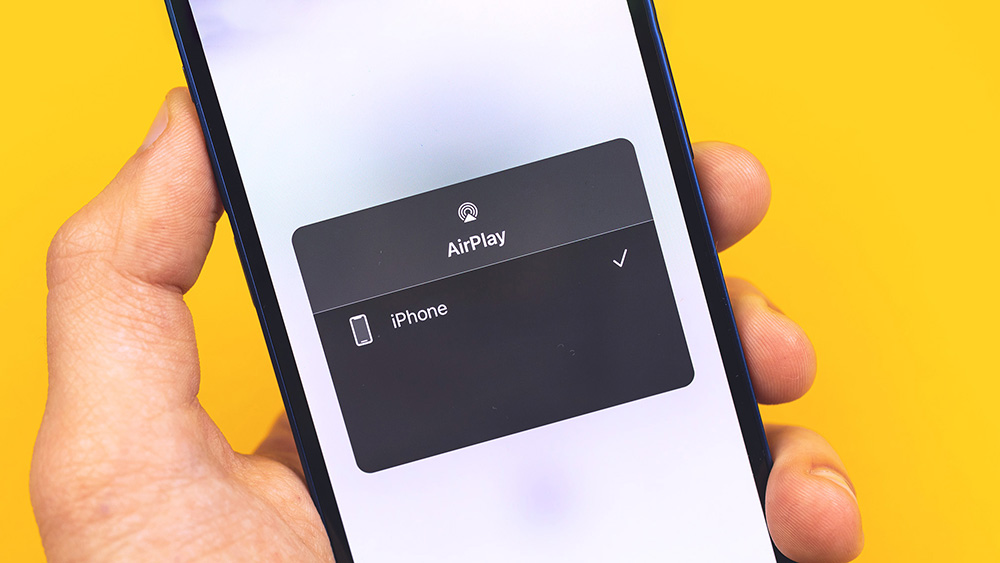How to clean vinyl records at home (and keep them clean in the first place)
Prevent those pops and crackles becoming a problem
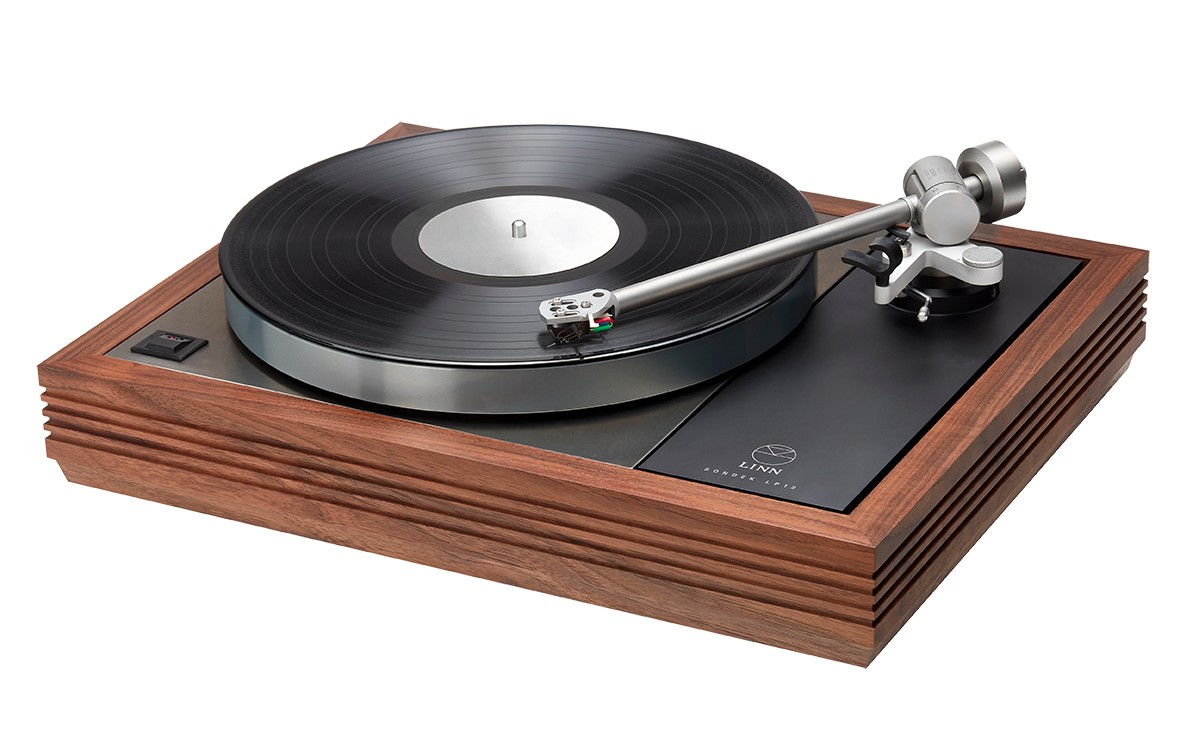
Unless you’re going crate digging at your local market, records tend to be expensive – and they’re only getting more so as playing the black vinyl disc becomes ever more fashionable. But they are also delicate and prone to damage if care isn’t taken in using them.
Carelessness with handling and storing your records can lead to scratches that cause unwanted pops and crackles, and while a few here and there may add to that analogue, tactile vinyl experience, ultimately you don’t want so many that your listening is hampered. So here are a few tips to keep your collection in pristine order and minimise those unwanted pops and crackles.
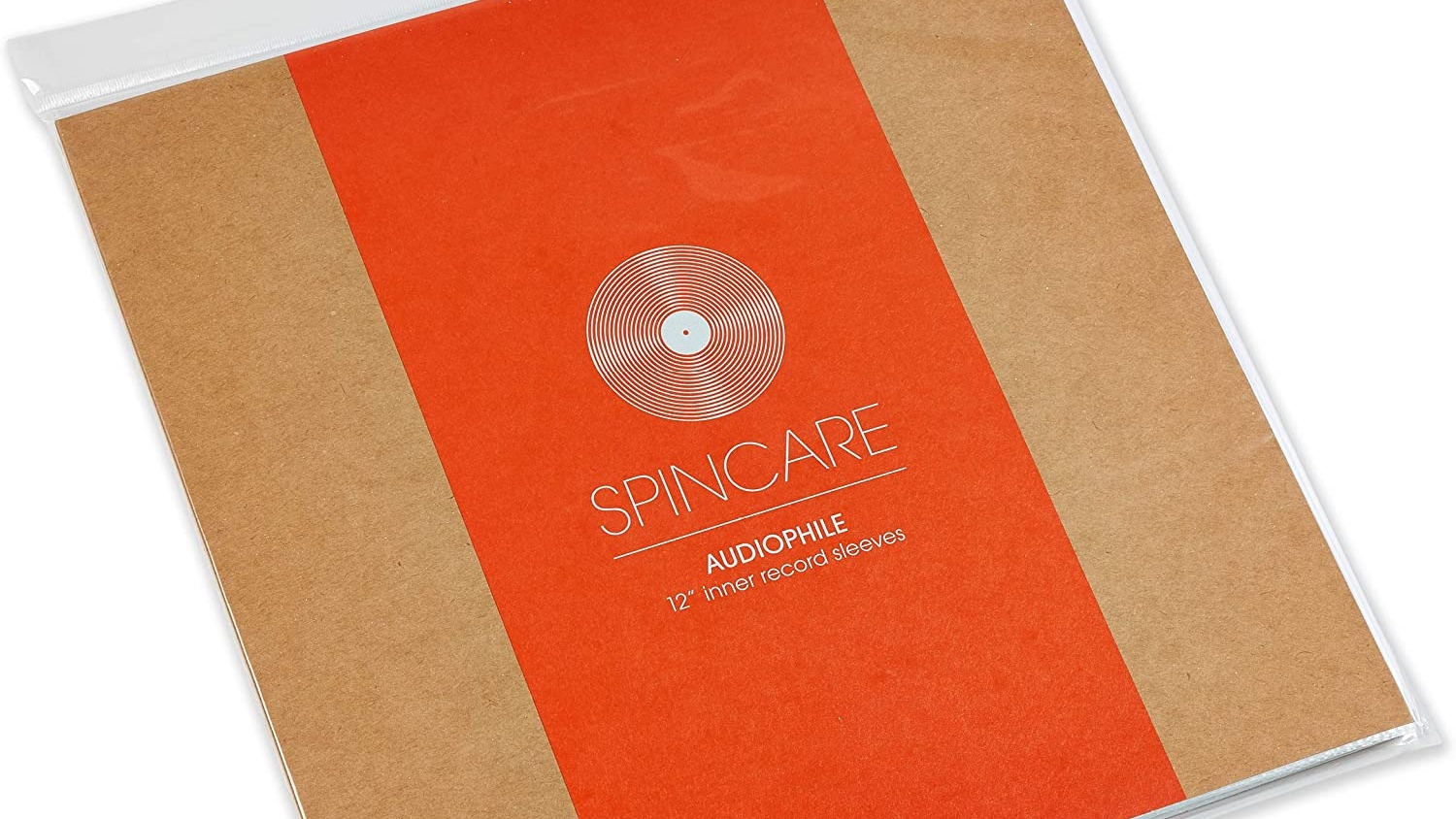
Keep your records clean in the first place
You can go a long way by just treating your records as the vulnerable things they are. Only touch the record on its outside edge and at the centre where the printed label is. Anywhere on the playing surface is a no-no. At best you’ll add greasy finger marks; at worst, you'll cause scratches. Always put the record back in its protective sleeve as soon as you’ve finished playing it, too.
It's possible to buy better quality inner sleeves than the record comes with (such as those pictured above), and these are a good investment as they damage your record less when you take it out or replace it. Yes, even putting the record inside its protective sleeve can cause some light scratches.
A good tip is to make sure that the open end of the inner protective sleeve is positioned inwards, inside the outer cover rather than open to the elements. Storing records in a clean, dust-free environment is also essential. Do this and you reduce the amount of dust or dirt that settles on the groove.
How to clean your records of dust
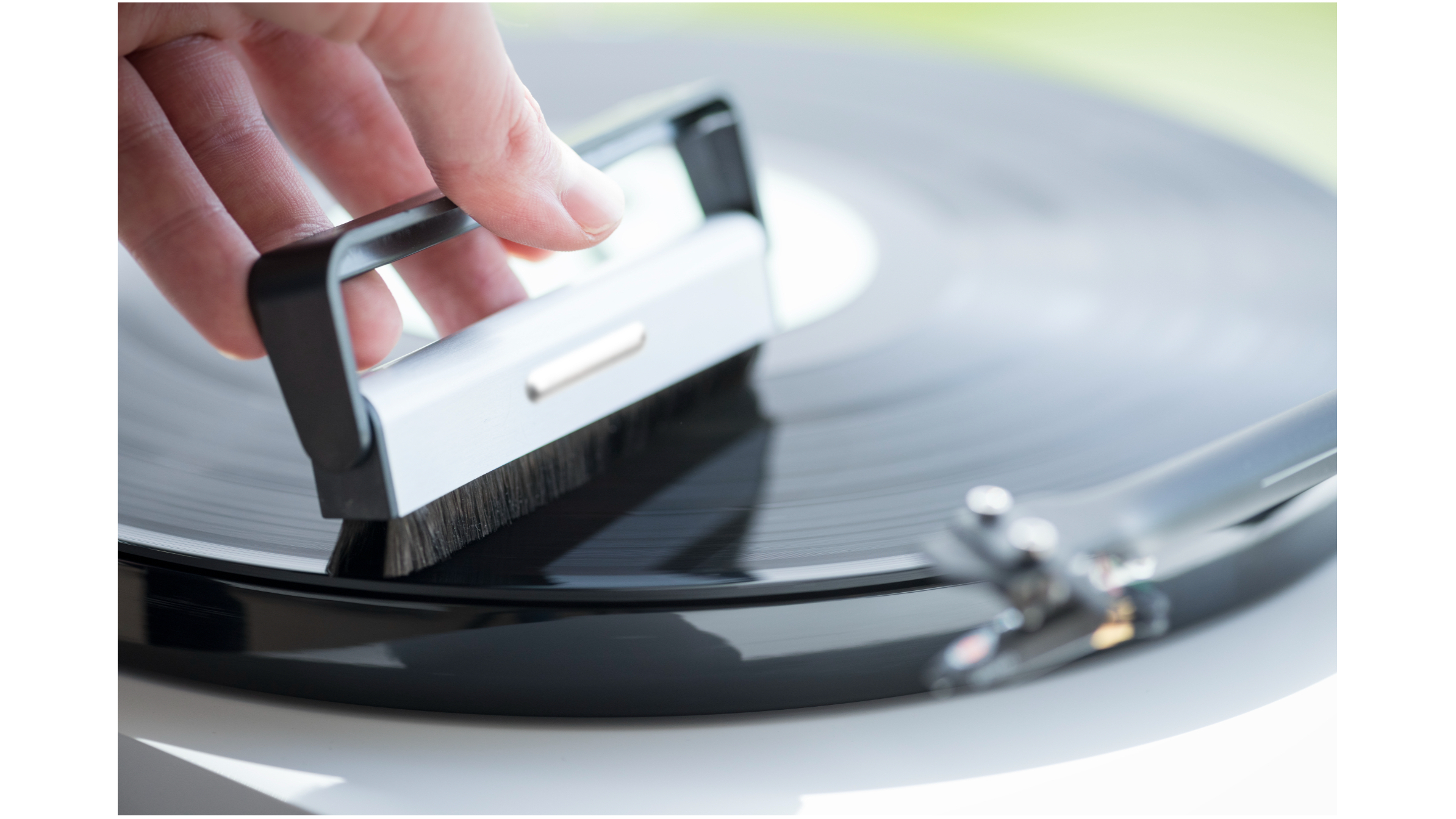
You should avoid playing your records in dusty environments in general. While using the turntable lid offers a certain amount of protection, it only goes so far as to reduce the issue. (In fact, in our experience, most turntables sound worse with the lid attached due to the cover's talent for picking up air and structure-borne vibrations and feeding them back into the player.)
Dust on the record surface isn’t as serious as contaminants that sit in the groove, but there’s no harm in using a record cleaning brush of some sort to get rid of it – especially as you don’t want too much dust being picked up by and collected around the stylus. If this happens you'll find that the sound will distort noticeably.
Get the What Hi-Fi? Newsletter
The latest hi-fi, home cinema and tech news, reviews, buying advice and deals, direct to your inbox.
There’s a range of options available, from microfibre cloths to carbon fibre brushes, to clean surface dust, typically available below the £20 ($20 / AU$30) mark. They’re simple to use; just have the record spinning on the platter and hold the cloth/brush lightly touching the playing surface. You’ll notice a thin line of dust forming and then gently wipe it sideways off the record. Remember, be gentle.
There are other types of hand-held cleaners such as those using a sticky roller that can do the job too.
How to clean really dirty records
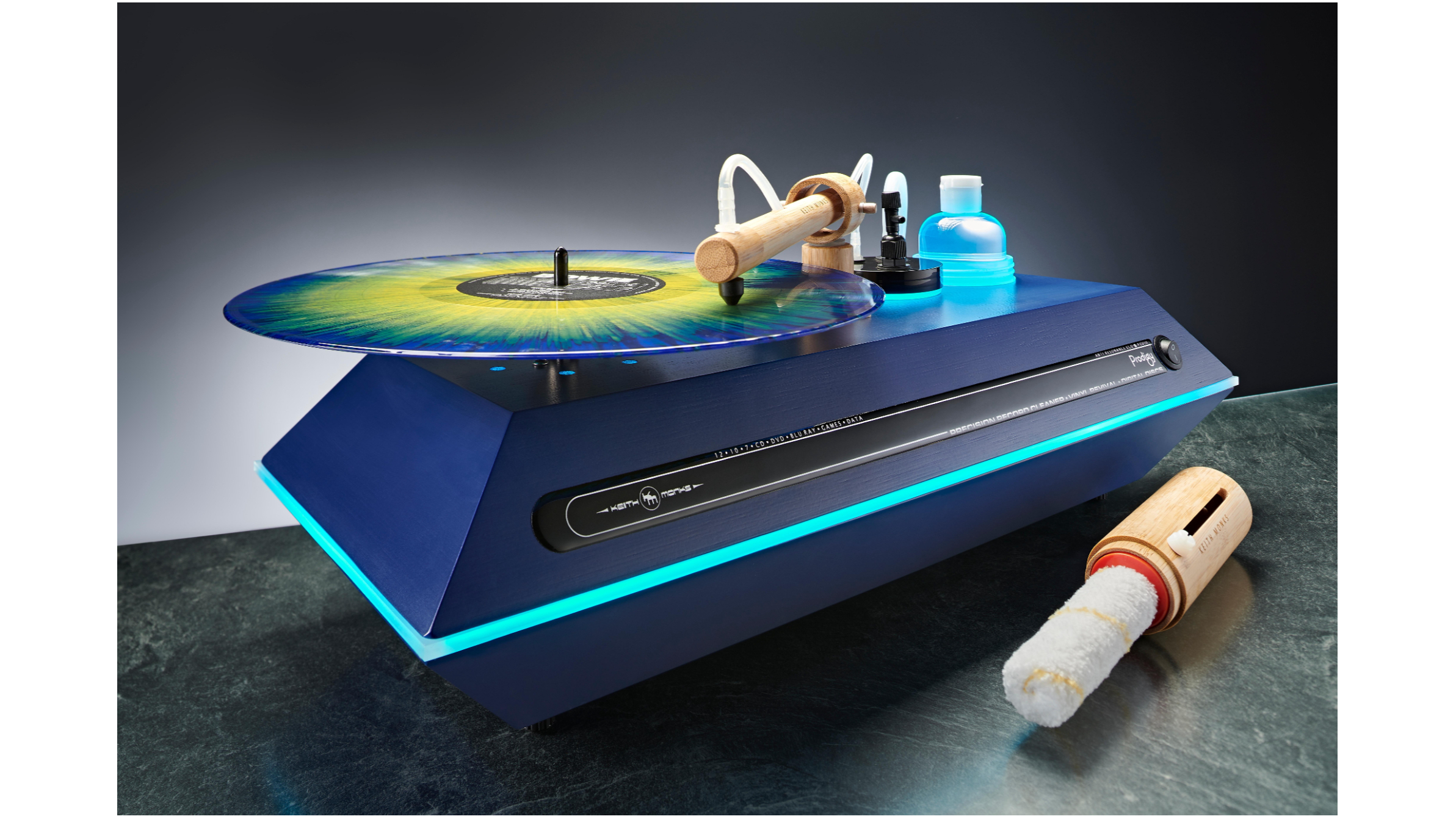
If the record is really dirty then there’s no real alternative to using a dedicated record cleaning machine, such as the Keith Monks Prodigy (£795 / approx. $1050, AU$1400) pictured above. In case that price seems a little hefty, don't worry, the starting price for such machines is typically around a couple of hundred and goes up from there depending on sophistication.
Such cleaners usually work in a broadly similar way by applying a dedicated cleaning liquid onto the record's playing surface to dissolve the contaminants (without harming the vinyl) and then vacuuming it off the surface together with the dirt. Some people clean even brand new vinyl in this way to ensure its condition stays pristine and we have no issue with that.
Alternatively, you could pay someone to do the job for you. There are a number of specialists that will do the task for a fairly reasonable price, say a few pounds or dollars for each record. And that's well worth thinking about if you have a prized collection.
MORE:
How to set up your turntable and get the best sound
Our pick of the 11 best Record Store Day 2022 releases
Check out all the best turntables you can buy

Ketan Bharadia is the Technical Editor of What Hi-Fi? He has been reviewing hi-fi, TV and home cinema equipment for almost three decades and has covered thousands of products over that time. Ketan works across the What Hi-Fi? brand including the website and magazine. His background is based in electronic and mechanical engineering.
